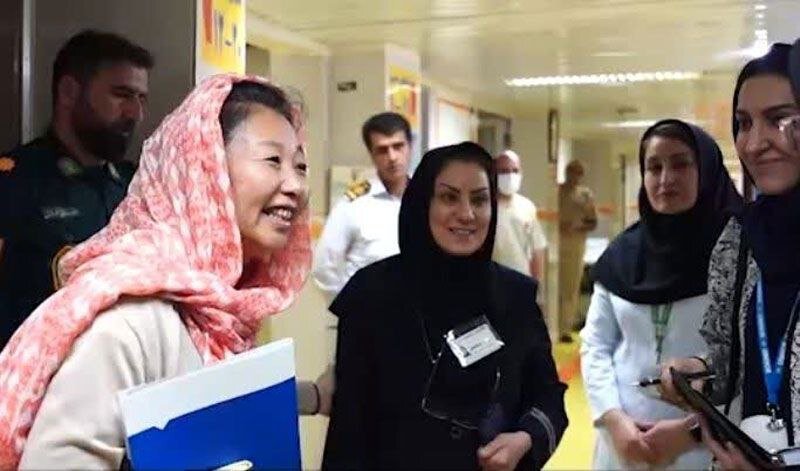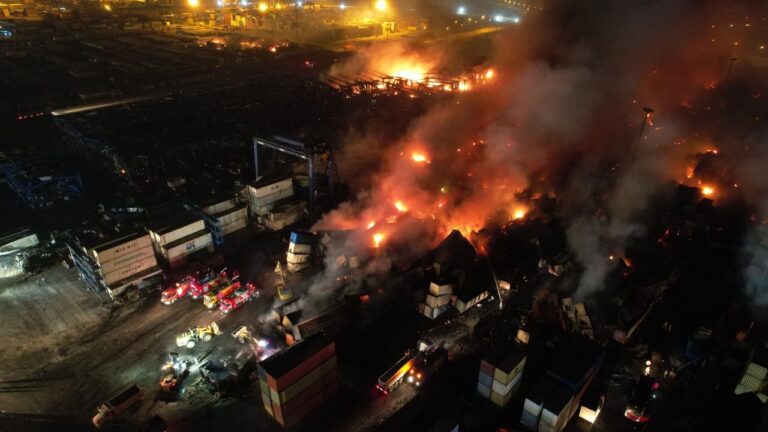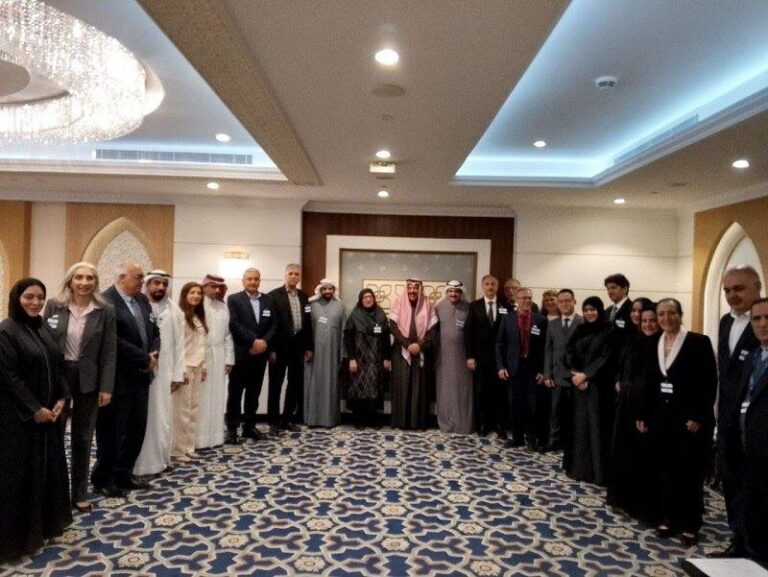UNHCR Celebrates Exceptional Medical Care for Refugees in Isfahan
In a recent visit to Al-Zahra Hospital in Isfahan province, Yumiko Takashima, the Representative of the United Nations High Commissioner for Refugees (UNHCR) in Iran, praised the exceptional medical services offered to Afghan refugees. This visit highlights the ongoing commitment to providing equitable healthcare for all, irrespective of nationality.
During her time at the hospital, Takashima personally interacted with Afghan patients, expressing deep admiration for their resilience and the quality of care they received. She remarked, “There is no discrimination between Iranian and Afghan patients in this hospital, and the medical staff’s humane, professional, and equal treatment is commendable.”
Al-Zahra Hospital stands as a significant medical facility in Iran, catering to hundreds of patients daily, including both locals and immigrants. However, ongoing economic challenges—such as sanctions and rising costs for medical equipment—have posed significant hurdles for the hospital to maintain its level of service.
Minoo Movahedi, the head of Al-Zahra Hospital, noted that Takashima’s visit was intended to familiarize her with the hospital’s capabilities, the range of services offered, and the specific challenges faced in treating refugees. The aim is to foster collaboration with the UNHCR to potentially fund part of the treatment costs.
In recognition of the medical staff’s dedication, Yumiko Takashima has committed to providing essential medical equipment and assisting in covering some of the expenses related to refugee treatments. This support is crucial in ensuring that Afghan refugees receive the necessary care they need.
According to UNHCR statistics, Iran currently hosts approximately 773,000 refugees, including 761,000 Afghans holding Amayesh cards and 12,000 Iraqis with Hoviat cards. These documents grant temporary residence and offer holders protection under refugee status.
Furthermore, the UNHCR estimates that around 3.8 million forcibly displaced individuals of varied documentation statuses reside in Iran, making it the largest refugee-hosting country globally as of 2024.
Looking ahead to 2025, the UNHCR in Iran has outlined five strategic priorities aimed at enhancing the support system for refugees:
- Maintaining Asylum Space: Strengthening the protection environment for refugees.
- Inclusive Services: Increasing support for health, education, and social protection services.
- Promoting Self-Reliance: Fostering independence among forcibly displaced and stateless individuals.
- Creative Solutions: Expanding resettlement opportunities and voluntary repatriation when conditions allow.
- Preventing Statelessness: Advocating for and protecting stateless individuals through tailored strategies and partnerships.
This comprehensive approach by the UNHCR aims to address the multifaceted challenges faced by refugees in Iran, ensuring that they receive the necessary support and services to lead dignified lives. The collaboration between Al-Zahra Hospital and the UNHCR marks a critical step towards improving healthcare access and fostering a more inclusive society.
As the situation for refugees remains complex, initiatives like these are vital in navigating the challenges presented by displacement. The commitment shown by both the hospital staff and UNHCR representatives reflects a shared goal of compassion and equality in healthcare.
In conclusion, Yumiko Takashima’s visit to Al-Zahra Hospital not only underscores the importance of equitable medical treatment for refugees but also highlights the ongoing efforts to collaborate with organizations like the UNHCR to enhance the quality of care. The future strategies laid out by the UNHCR are essential in ensuring that the rights and needs of refugees continue to be prioritized in Iran.






